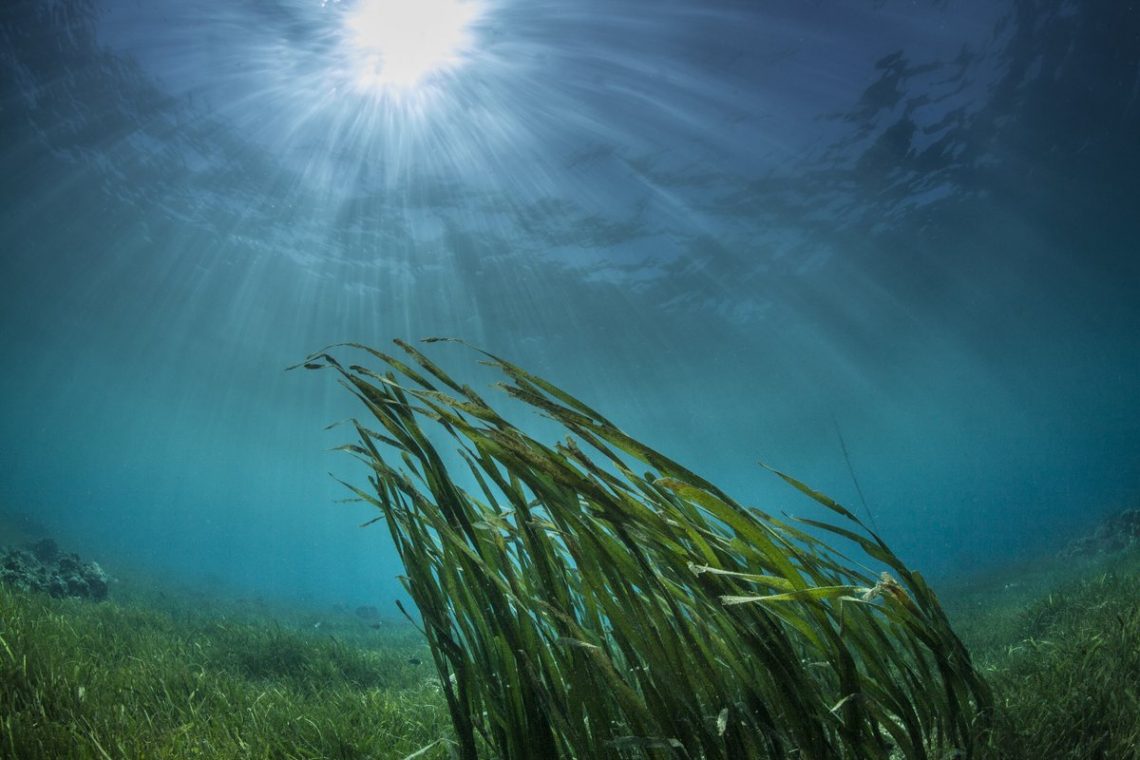By Byron Mutingwende
“We are appalled by the construction of a filling station on a wetland in Kambuzuma. The construction further compromises water delivery and is a clear violation of our environmental rights,” fumed Joseph Kahari, the Secretary for Governance of the Blue Agenda Trust.
The Parliament of Zimbabwe has produced a report on Preservation and Protection of Wetlands that was presented by the Chairperson of the Committee of the Portfolio Committee on Environment, Water, Climate and Hospitality Industry, Honourable Simbanegavi, on 6th June 2018.
The report was prepared in response to petitions filed by Blue Agenda Trust, Dzivarasekwa Residents Trust and Budiriro Water Foundation on behalf of residents of Kambuzuma Section 3, Dzivarasekwa, and Budiriro opposing developments on wetlands in their areas; and in response to recommendations made by the Zimbabwe Lawyers for Human Rights (ZLHR) and Wetlands Trust at a Parliamentary breakfast meeting held on 10 May 2018.
“As the construction of the service station went ahead, we felt we were not consulted and we were left at the periphery of public policy issues as a marginalised community. The water that we are receiving in Kambuzuma is the very water, which Mayor Manyenyeni in December 2017 said we should exercise cation when drinking. To us “caution” means preserving the source,” Kahari said.
In its attempt to preserve the water sources (wetlands), the Blue Agenda Trust met challenges that it is hopeful legislators should tackle.
The Environmental Management Agency (EMA) ordered residents to only inspect Environmental Impact Assessment reports that cost $300 per copy.
“The question is, where would marginalised communities get the $300? We interpret this as a deliberate strategy to deny us access to information that is critical in the interest of the public accountability and promotion of human rights.”
Property developers are required to engage their own consultants to determine whether they should construct on a wetland or not. The residents equated the move like giving custody and guardianship of a very beautiful girl to a serial rapist. In that regard, the EIA framework in Zimbabwe opens room for manipulation, corruption and self-help initiatives.
Of concern was that public participation, although stated in the law, was not defined. A person can take a group of 15 people who do not even know the mission of the consultation and claim that the community was consulted.
Christine Matimbe, a representative of the Budiriro Water Foundation applauded the report by Parliament as a milestone achievement towards ensuring sustainable water provision through the protection of wetlands.
“In Budiriro, land barons and city officials have been parcelling out land on wetlands and using land to corruptly fatten their pockets. There seems to be some confusion and ignorance on which law is superior between the EMA Act and the Regional Town and Country Planning Act.
“As we head towards elections on 30 June 2018, we are tired of elections that are driven by empty slogans whilst we suffer on the ground. We are aware that when two elephants fight it is the grass that suffers most. Elections must be issues driven and water remains the Zimbabwe’s Agenda for 2018 election. We need water that is clean, affordable, acceptable and sufficient. Wetlands are critical in order to meet sustainable water provisioning in our country. We will vote with our thirst knowing for sure that our voice in the ballot is a drum of clean potable water,” Matimbe said.
Lizwe Jamela, the ZLHR Programmes Manager said wetlands are giant sponges that absorb and purify water, which would otherwise be mostly lost as run-off.
“The water absorbed throughout the rainy season is slowly released in the dry season into the stream and river systems around the city, finding its way into the major dams supplying the city, including Chivero and Manyame. Without the wetlands, these dams would quickly run dry in winter months and poor rainy seasons.
“Concerns raised by petitioners included the inordinate amount of power and discretion wielded by a few individuals at the City of Harare and by the Minister of Environment, Water and Climate, and the lack of transparency in the processes involved in the granting of development permits and Environmental Impact Assessment Certificates for development on wetlands. Current decision makers seemingly favour the short-term benefits of developments, such as revenue income from levies and rates, without a proper consideration of their environmental impact in the long-term,” Jamela said.
To provide guidance to the relevant decision-makers, the report recommends the urgent updating of the National Environmental Plan, and the development and production of Local Authority Environmental Action Plans, as required by law.
The report further recommends that a Bill be drafted for the protection of wetlands by providing tat all developments on wetlands be prohibited except in the most exceptional circumstances; that wetlands, like other water resources such as lakes and dams, cannot be privately owned; that where possible, wetlands be expropriated in the public interest; and that the Ramsar Convention on Wetlands and Biodiversity be domesticated.
Finally, the report recommends that the Minister of Environment, Water and Climate map all wetlands with expert input and have their territorial footprint gazetted by July 2018.






